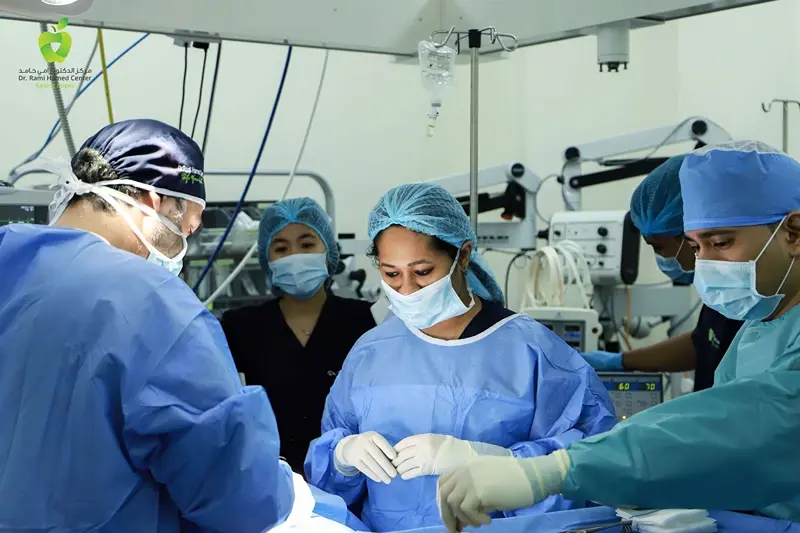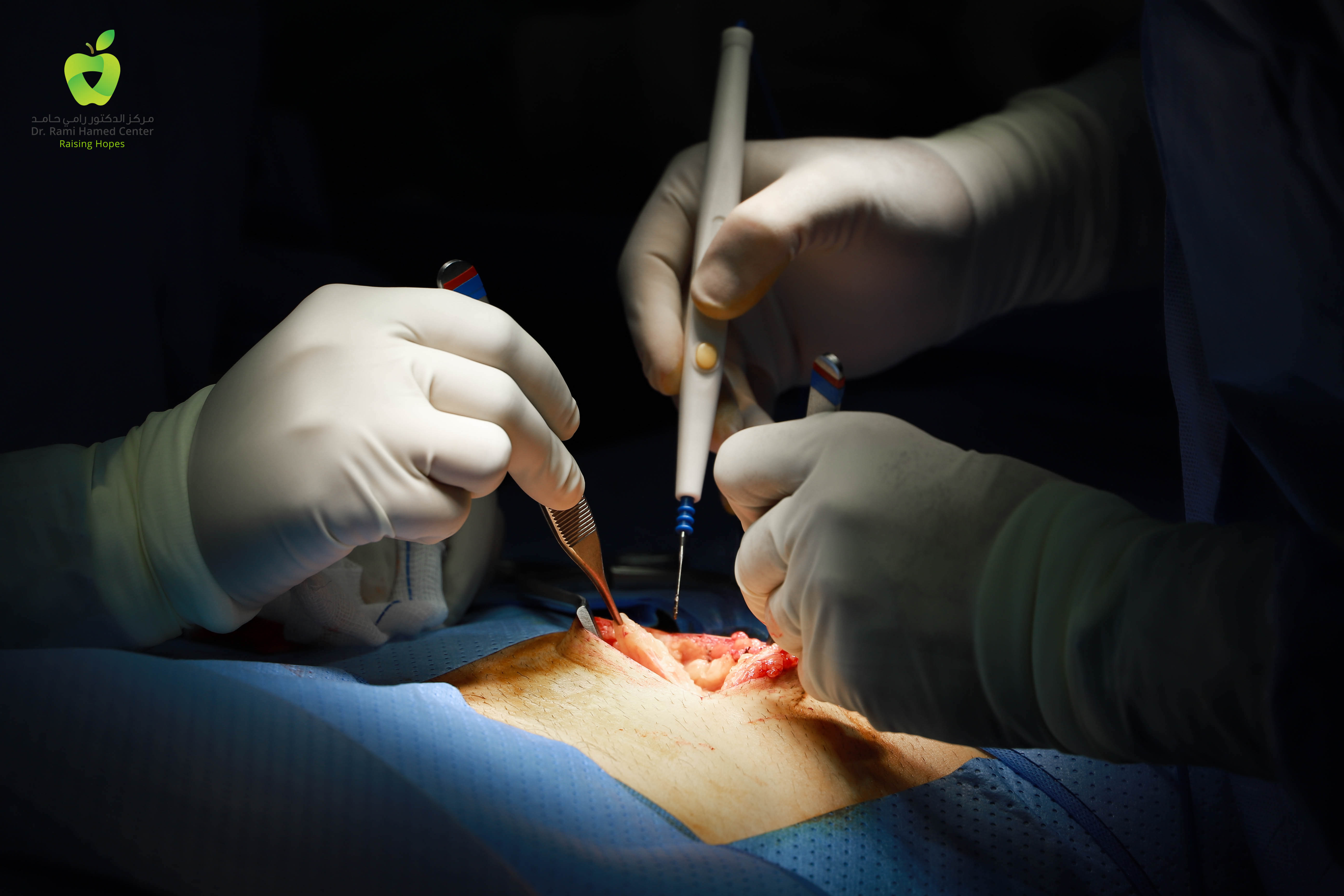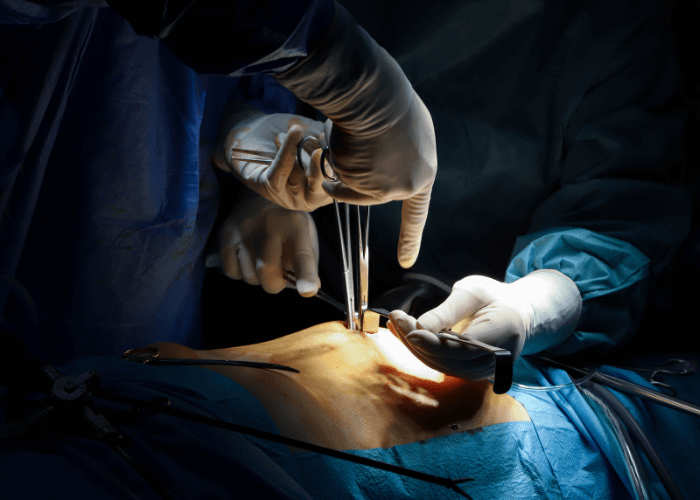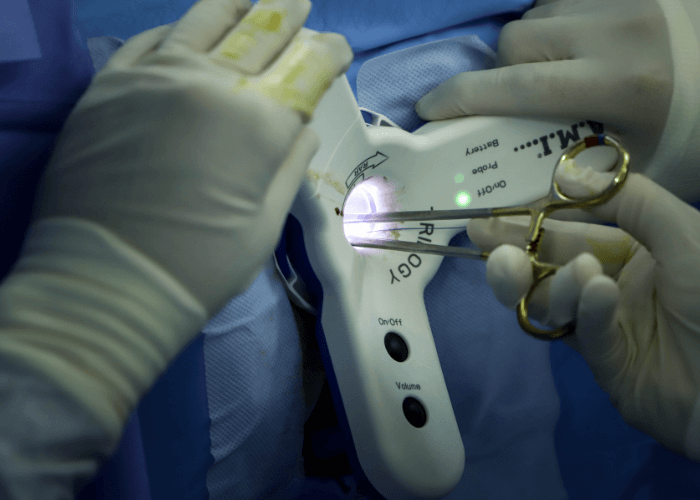Spleen Surgery in Dubai | Expert Splenectomy Care at DRHC
The spleen plays a vital role in filtering blood, supporting the immune system, and removing damaged blood cells. However, certain conditions—such as trauma, blood disorders, infections, or tumors—may require surgical intervention. At DRHC Dubai, we provide expert spleen surgery (splenectomy) using the latest minimally invasive techniques, ensuring safety, precision, and a smooth recovery.
What is Spleen Surgery (Splenectomy)?
Spleen surgery, also known as splenectomy, is a procedure to remove all or part of the spleen. It may be performed as an emergency in cases of trauma or as an elective surgery for chronic medical conditions. Depending on the patient’s needs, our surgeons may opt for:
- Total splenectomy – complete removal of the spleen
- Partial splenectomy – removal of part of the spleen
- Laparoscopic (keyhole) splenectomy – minimally invasive technique
- Open splenectomy – traditional surgery through a larger incision, often used for trauma or large tumors
Conditions That May Require Spleen Surgery
You may need spleen surgery if you have:
- Spleen injury or rupture (e.g., due to accidents or trauma)
- Hypersplenism (overactive spleen causing low blood cell counts)
- Splenic cysts or abscesses
- Spleen tumors (benign or malignant)
- Blood disorders (such as thalassemia, hereditary spherocytosis, and immune thrombocytopenia - ITP)
- Enlarged spleen (splenomegaly) causing discomfort or organ compression
- Certain cancers (like lymphoma or leukemia)
Symptoms That May Indicate Spleen Problems
Spleen issues may not always cause obvious symptoms, but signs may include:
- Pain or fullness in the upper left abdomen
- Feeling full quickly when eating
- Fatigue and frequent infections
- Easy bruising or bleeding
- Low red or white blood cell or platelet counts
- Abdominal tenderness or mass (in case of enlarged spleen)
If you're experiencing any of these symptoms, contact DRHC Dubai for an expert evaluation.
Diagnosis at DRHC Dubai
Our experienced team uses advanced diagnostic tools to assess spleen function and health:
- Physical examination (to detect spleen enlargement or tenderness)
- Ultrasound and CT scan (to visualize the spleen and surrounding organs)
- MRI (for detailed imaging of tumors or cysts)
- Blood tests (CBC, clotting profile, immune markers)
- Bone marrow biopsy (if a blood disorder is suspected)
Spleen Surgery at DRHC Dubai: Our Approach
Our surgical team at DRHC Dubai is skilled in both traditional and minimally invasive spleen surgeries. We ensure a personalized, evidence-based approach to your care.
Laparoscopic Splenectomy
- Small incisions, faster recovery, and less post-op pain
- Ideal for non-traumatic conditions like ITP or benign tumors
- Usually performed under general anesthesia
Open Splenectomy
- Required for trauma cases, large tumors, or very enlarged spleens
- Offers better control in emergency or complex cases
- Involves a larger incision and a slightly longer recovery
Partial Splenectomy
- Preserves some spleen function, especially in children or select adults
- Helps maintain immune defense when complete removal isn’t necessary
Recovery and Post-Surgery Care
After spleen surgery, patients generally recover well with proper care:
- Hospital stay: 1–3 days (laparoscopic) or longer for open surgery
- Return to light activities: within 2–3 weeks
- Full recovery: 4–6 weeks
- Pain management and wound care instructions provided
Our team closely monitors your healing process and helps you adjust to life without a spleen, if removed.
Life After Spleen Removal: What You Need to Know
The spleen plays a key role in fighting infections. If it’s removed, you can still live a healthy life, but you’ll need:
- Vaccinations – against pneumococcus, meningococcus, and Haemophilus influenzae
- Preventive antibiotics – especially in children or high-risk adults
- Prompt medical care – if fever or infection symptoms develop
- Regular follow-ups – to monitor blood counts and immune function



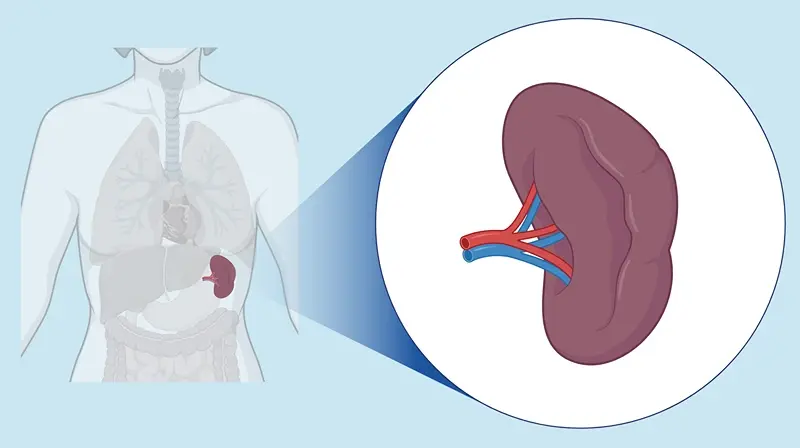
.png?width=280&height=59&name=bookanappointment%20(1).png)
.webp?width=1080&height=1080&name=Doctor%20background%20For%20Website%20Dr.%20Fadi%20Nageeb%2009%20(1).webp)
